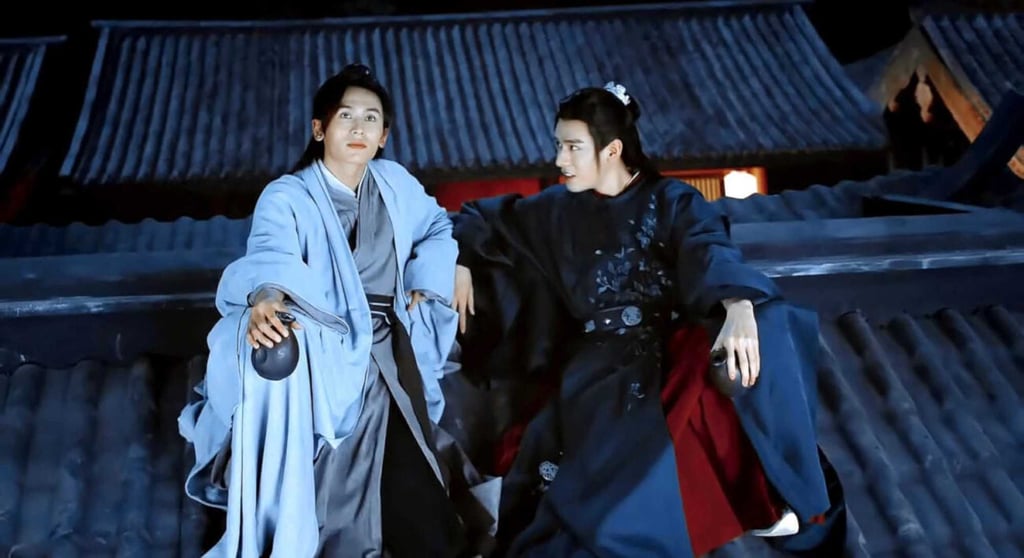What a view | Netflix Chinese wuxia series Word of Honor is equal parts beauty, violence and heroics
- Zhang Zhehan plays the boss of a gang of assassins, who decides to commit slow-motion suicide
- He searches for the powerful Glazed Armour, and wanders the kingdom disguised as a beggar

Some Chinese historical fables nail it from the start: those that pull off the considerable trick of keeping the romance, martial arts, elaborate costumes, imposing sets and myth-laden fantasy in equilibrium.
Flying swords – and swordsmen – kick things off during an attack on a Forbidden City-style stronghold, the masked assassins’ slick moves offering the first of many examples of The Matrix-flavoured fight scenes’ fancy footwork. But rather than revel in another victory and his own death-dealing derring-do, the bad guys’ boss, Zhou Zishu (Zhang Zhehan), has an epiphany.
In the service of Prince Jin, Zhou has left a messy trail of blood, guts and broken heads, so as a penance he takes a sort of self-flagellating drastic action: slow-motion suicide. This he initiates by driving into himself the Nails of Seven Torments, bringing about a form of prolonged torture that will kill him after a few years. But – and here’s the crafty part from a scriptwriting point of view – so far, only six have been applied, hinting at last-minute redemption later on for the previously implacable slasher.

Add to all this the search for the Glazed Armour – a type of key that will open a long-lost armoury, which in turn will make the troops in charge of it invincible (it’s the nuclear stockpile of the day) – and the stage is set for a fanciful blockbuster in a series of striking settings. And who cares if the Ghost Valley and Mirror Lake Manor are merely CGI inventions?
